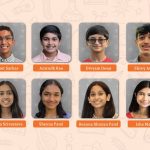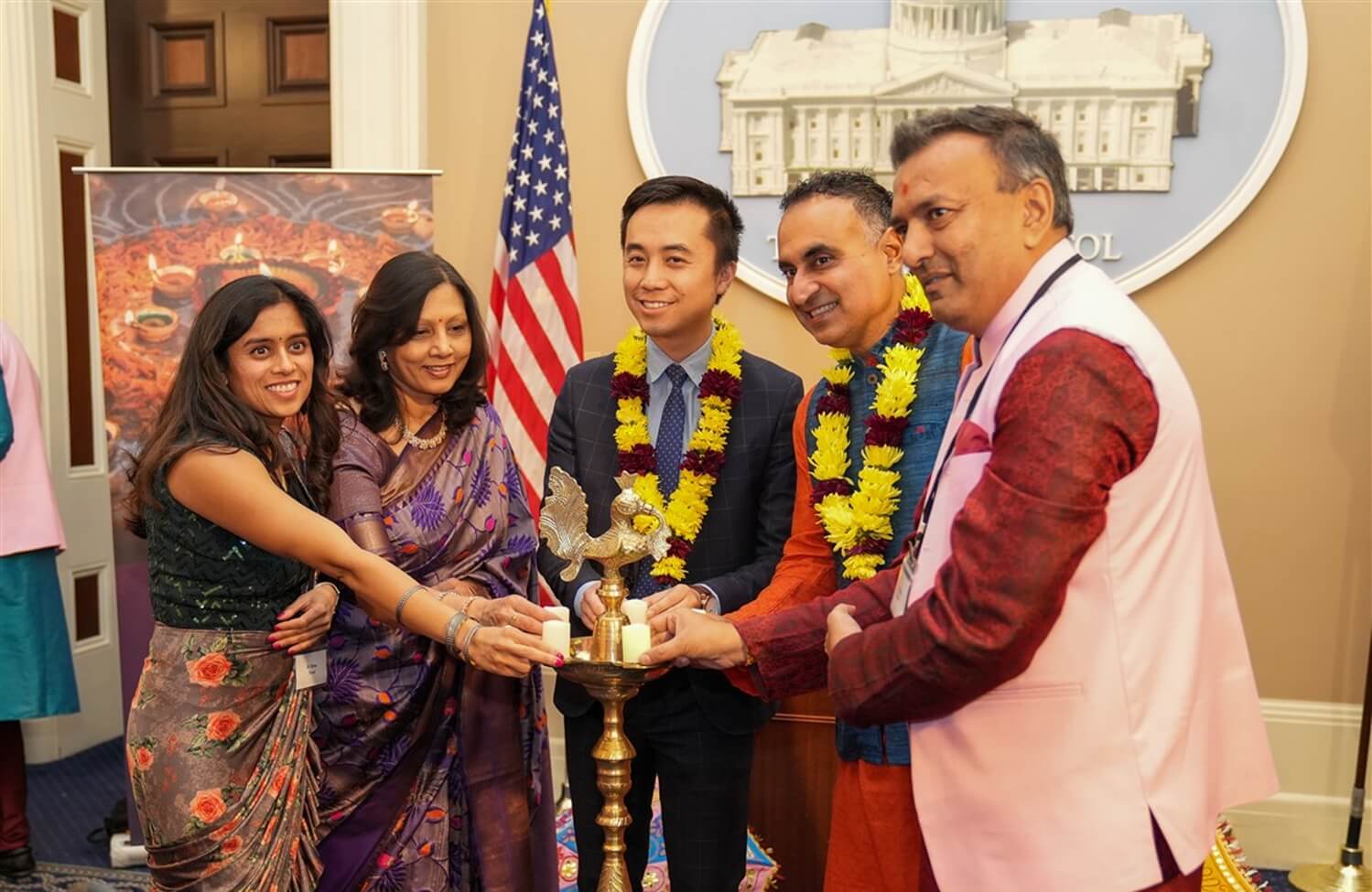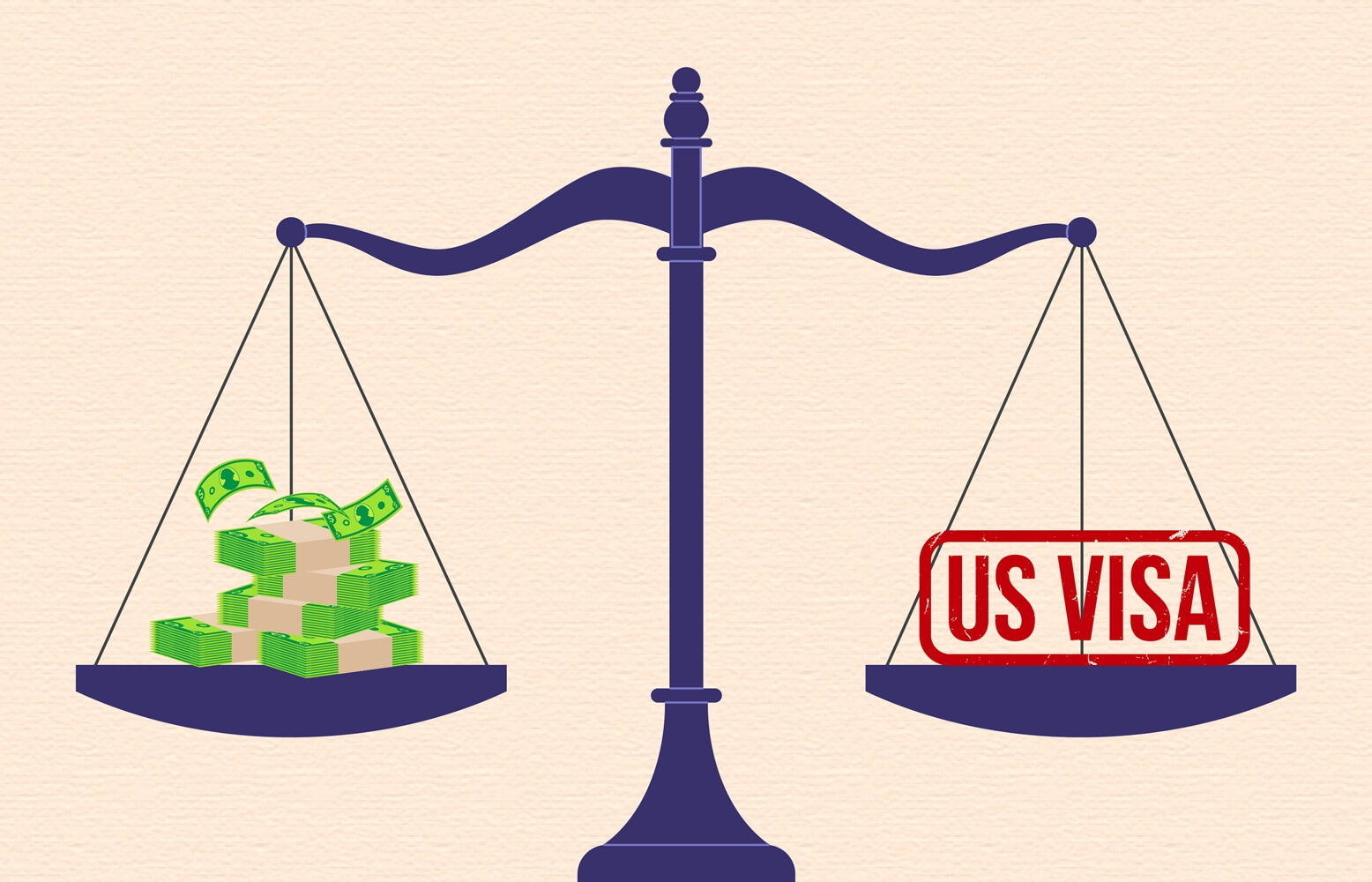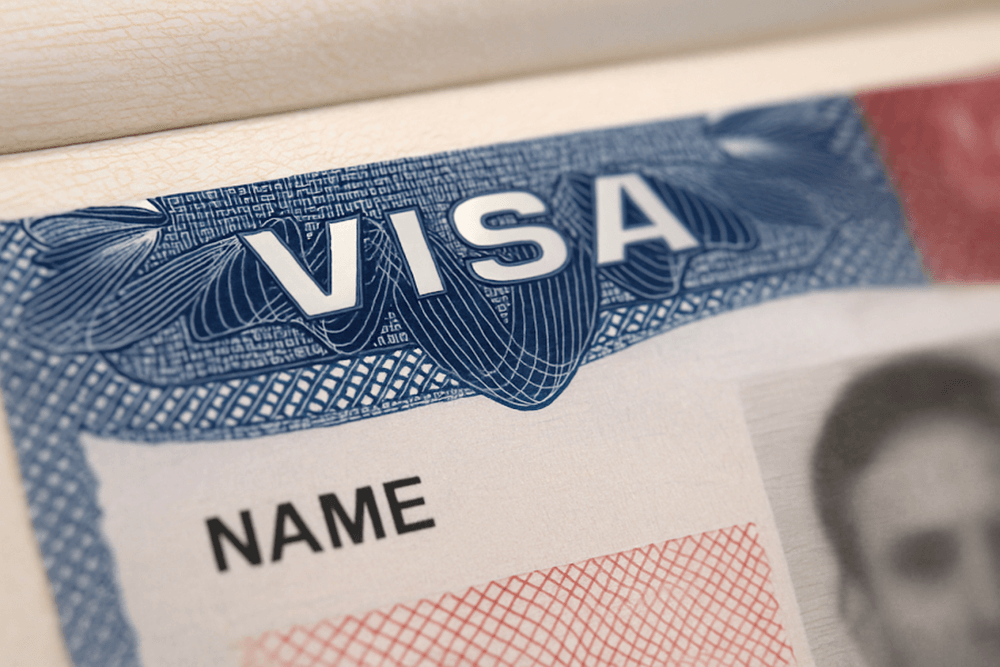What was denied to an H1B visa petitioner in 2017 has been acknowledged in 2020. In a major development against the alleged denial of H1B visas to computer programmers, the Ninth Circuit Court of Appeals ruled that computer programming falls under the ambit of a specialty occupation. Furthermore, the court described the US Citizenship and Immigration Services’ denial of H1B visa to an Indian computer programmer on the premises of an erroneous interpretation of ‘specialty occupation’ as ‘arbitrary and capricious’.
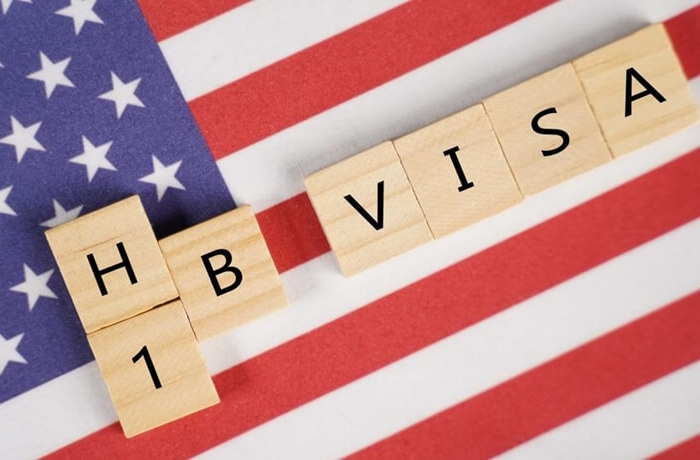
On December 16, the Ninth Circuit Court of Appeals’ gave its verdict in favor of Innova Solutions, a California-based tech company, and allowed the hiring of an Indian computer programmer on H1B visa. The verdict is being hailed as a victory for U.S. employers hiring skilled computer programmers from foreign countries, including India. The USCIS’ longstanding practice of not acknowledging computer programming as a specialty occupation has been challenged in this verdict, according to immigration attorneys.
After Donald Trump ascended to the presidential seat in 2017 with his ‘Buy American, Hire American’ mission, the USCIS dropped computer programming from the list of specialty occupations citing the reason that most programmers don’t hold a bachelor’s degree.
In 2017, Santa Clara-based Innova Solutions hired Dilip Dodda as a computer programming analyst for one of its clients, Change Healthcare Operations. With profound knowledge of several programming languages and over 10 years of experience in computer programming, Dilip Dodda would have worked on Change Healthcare Operations’ patient billing and payment technology if he were not denied an H1B visa.
In its initial response to the lawsuit filed by Innova Solutions, the USCIS said that the position that Innova mention in its Labor Certification Application was a ‘Wage Level 1 entry position’. Innova Solutions claimed that it gave the USCIS a list of 14 functions including testing beta sites, writing script, debugging, rewriting code and fixing buggy sites that Dilip Dodda would have performed.
In the lawsuit, Innova claimed that the USCIS did neither consider the evidence provided in support of the position nor justify its decision reasonably. The lawsuit called the federal agency’s decision to deny H1B visa to Dilip Dodda an abuse of discretion. In 2019, a US Magistrate Judge, Virginia Demarchi ruled out the lawsuit as invalid against the USCIS and reasoned that Innova failed to prove that the position an Indian computer programmer was hired for meet the parameters of a specialty occupation visa and .
In her ruling, Virginia Demarchi concurred with the USCIS, “Even interns are classified as computer programmers”, and noted that the evidence Innova gave was not sufficient enough to “show the unique or complex nature of the position.” However, the three-judge panel at the Ninth Circuit Court of Appeals overthrew Virginia Demarchi’s ruling favoring the USCIS’ denial of H1B visa. Notably, Innova Solutions had filed two similar lawsuits; one seeking to defy the USCIS rule that computer programming is not a specialty occupation.

